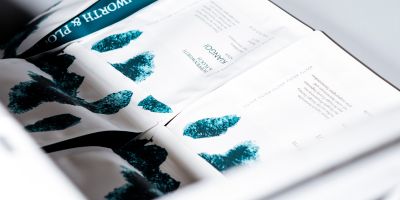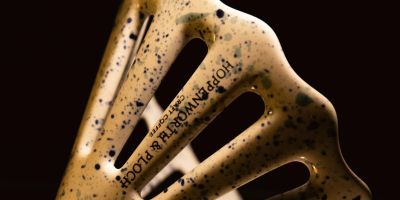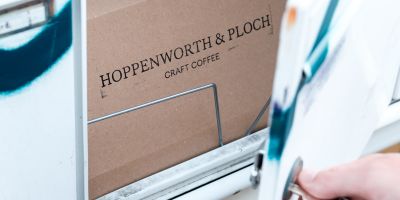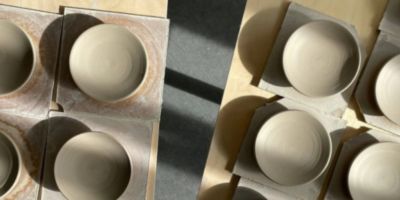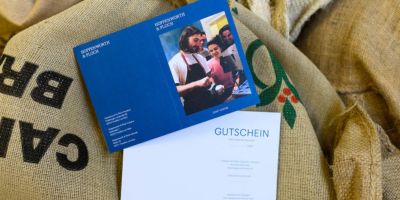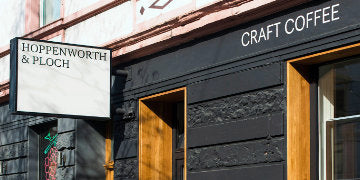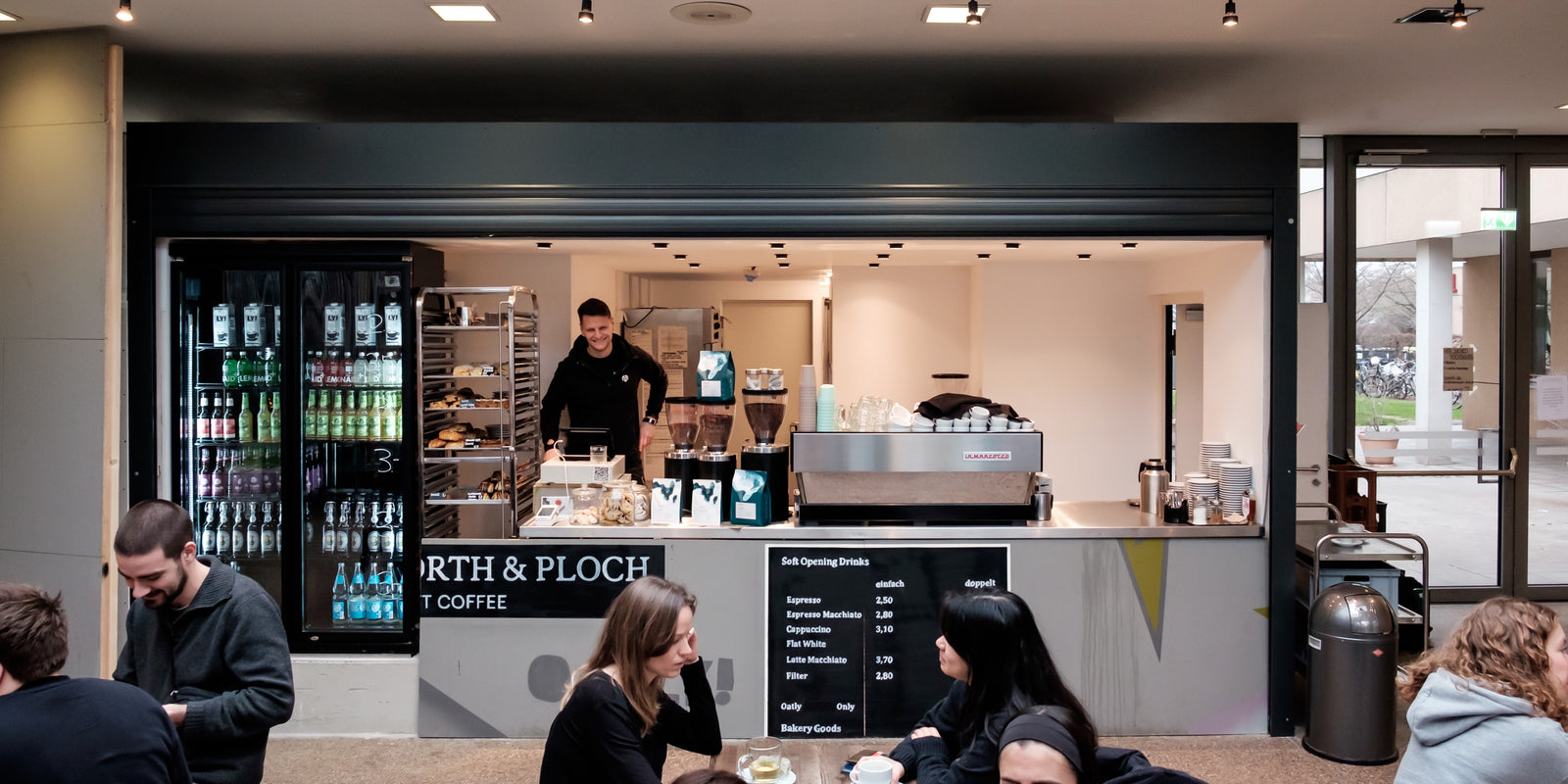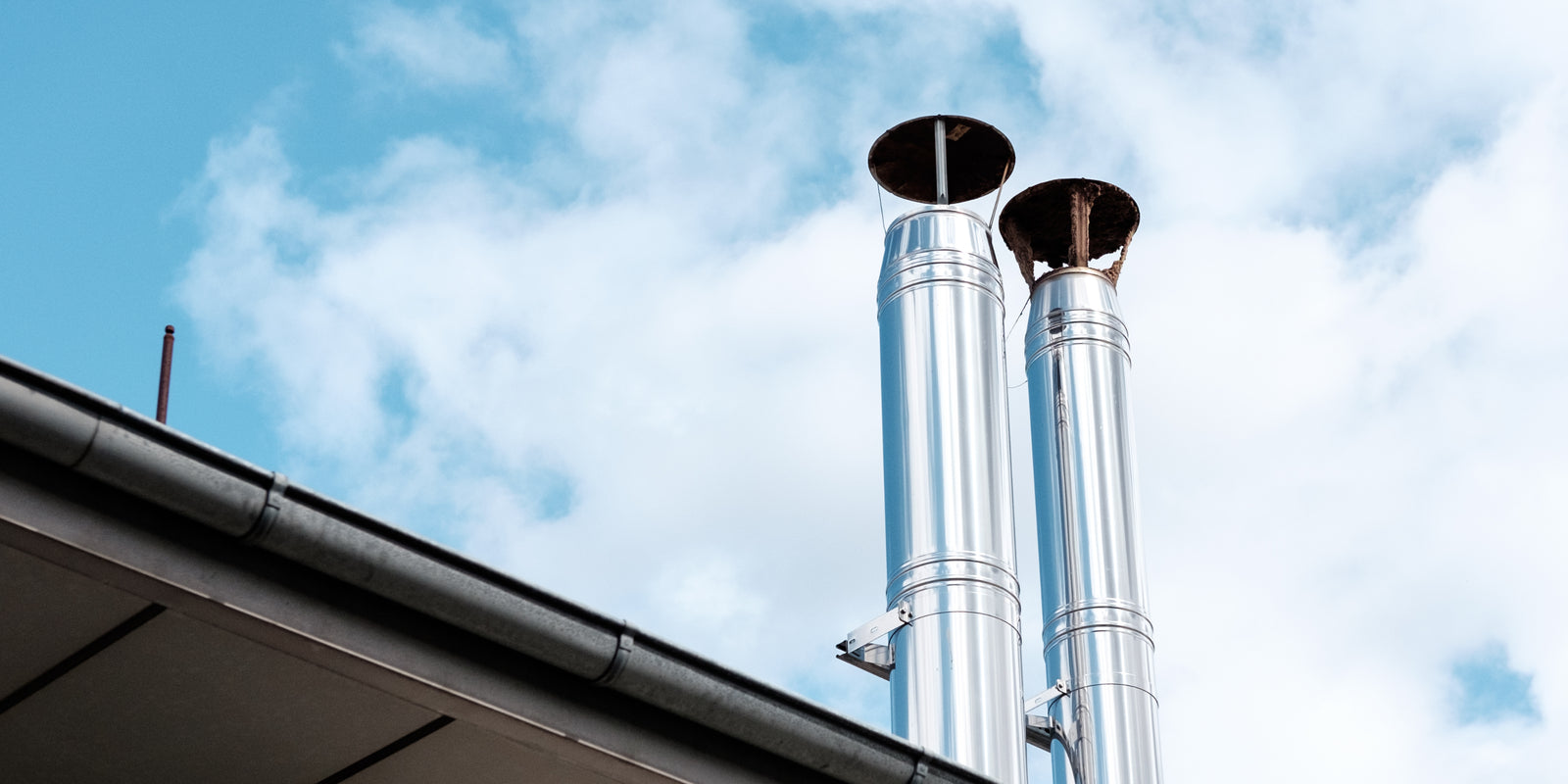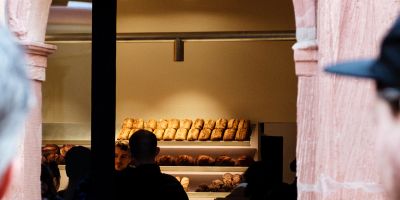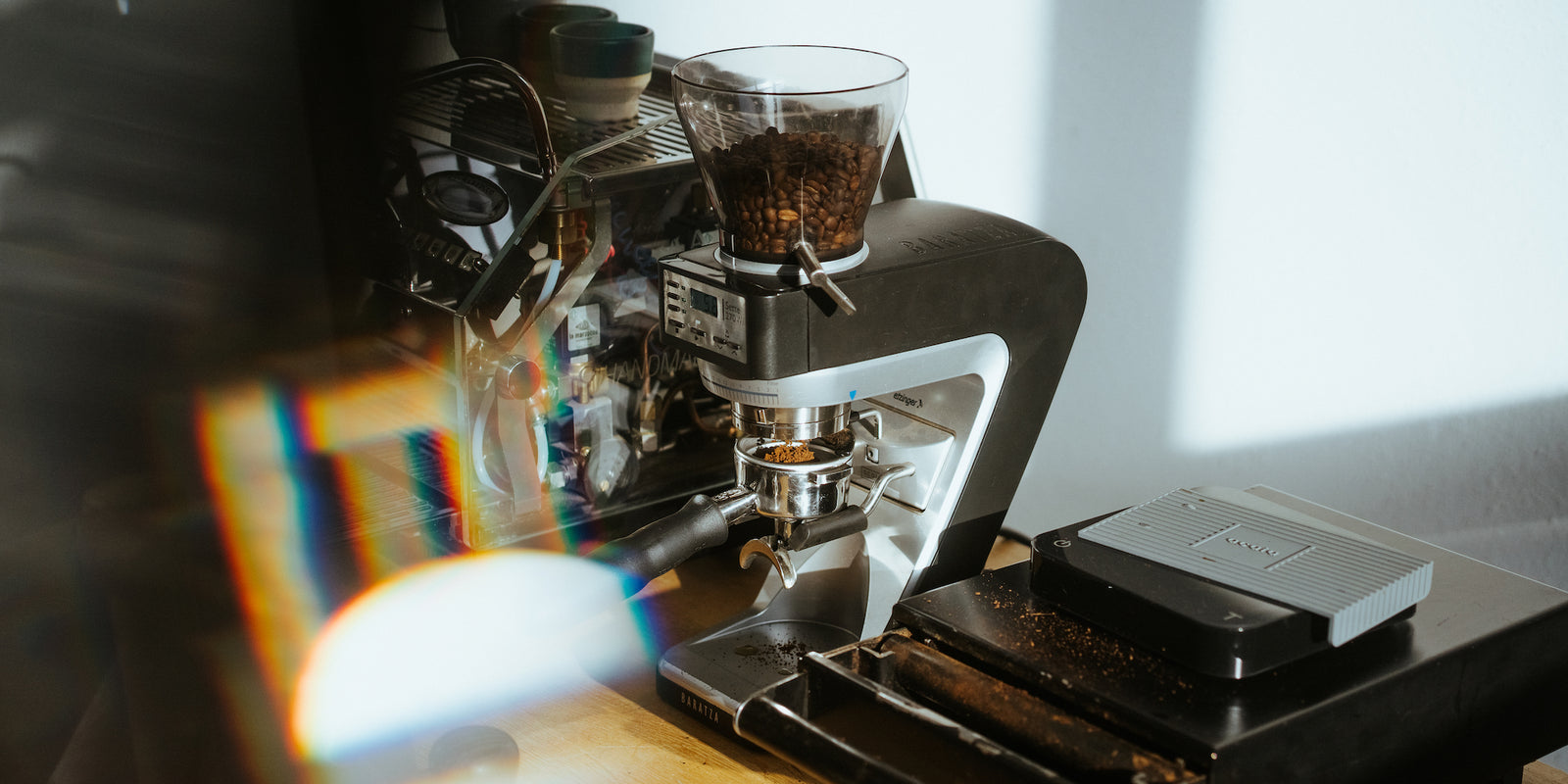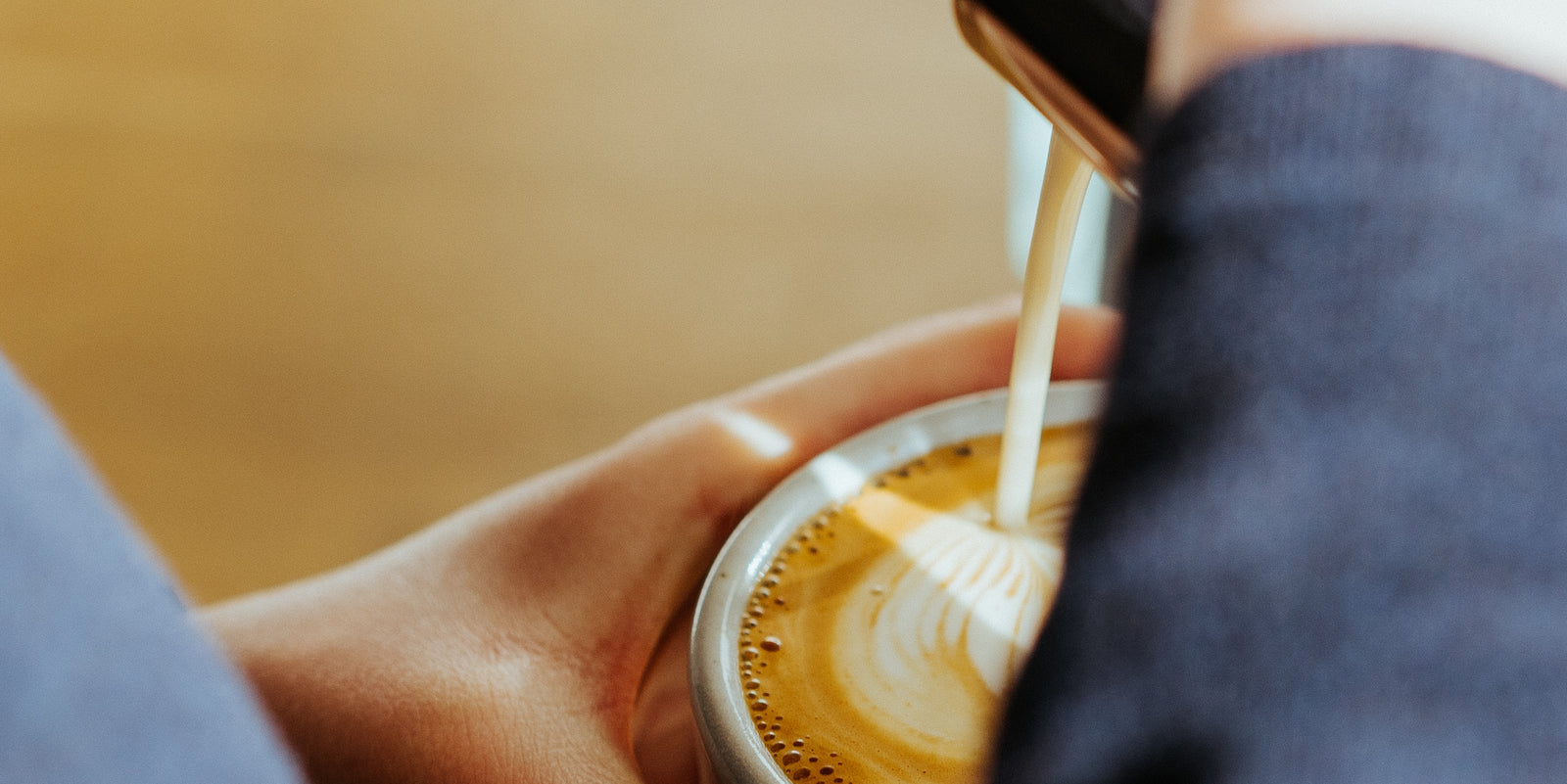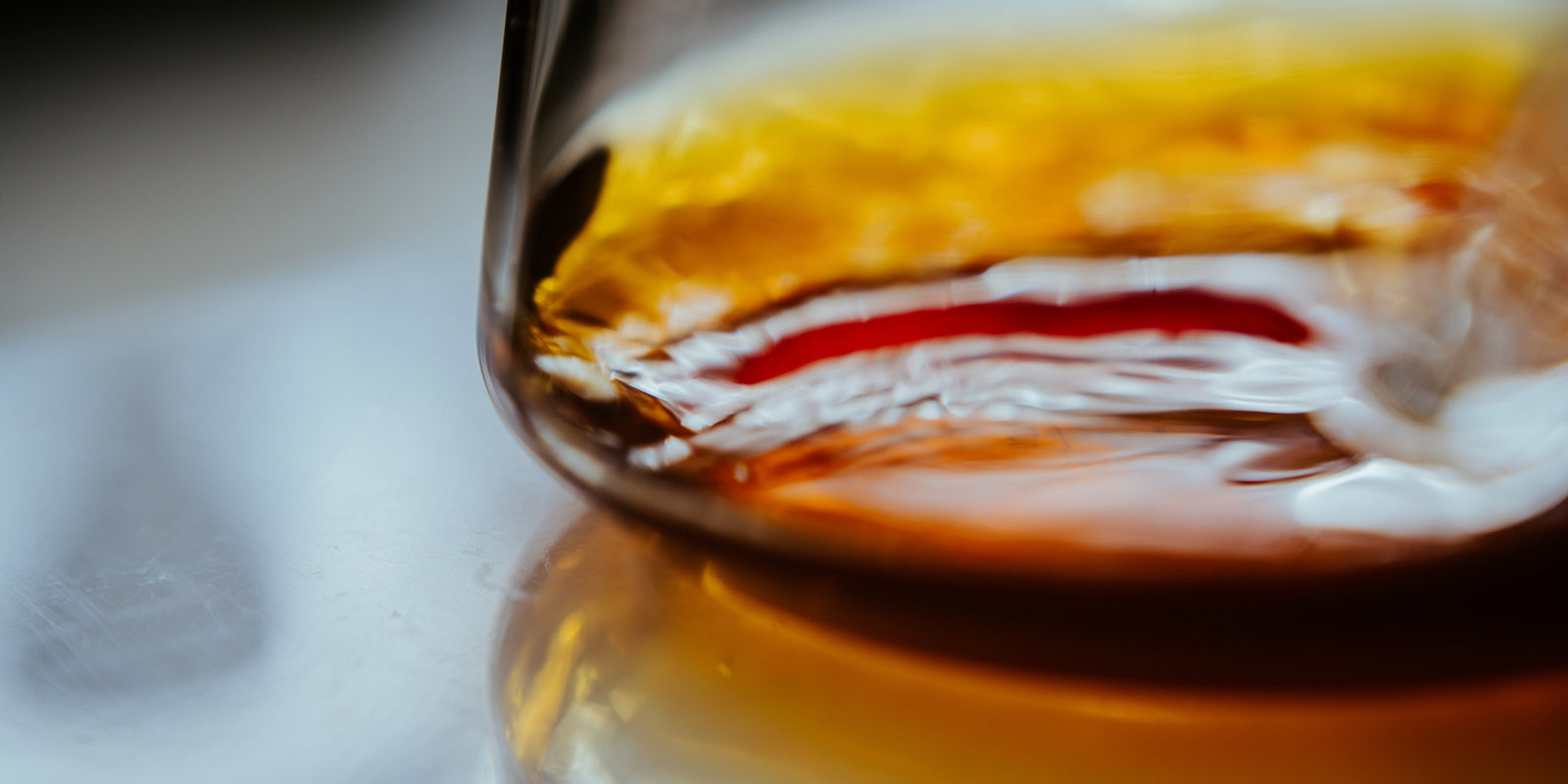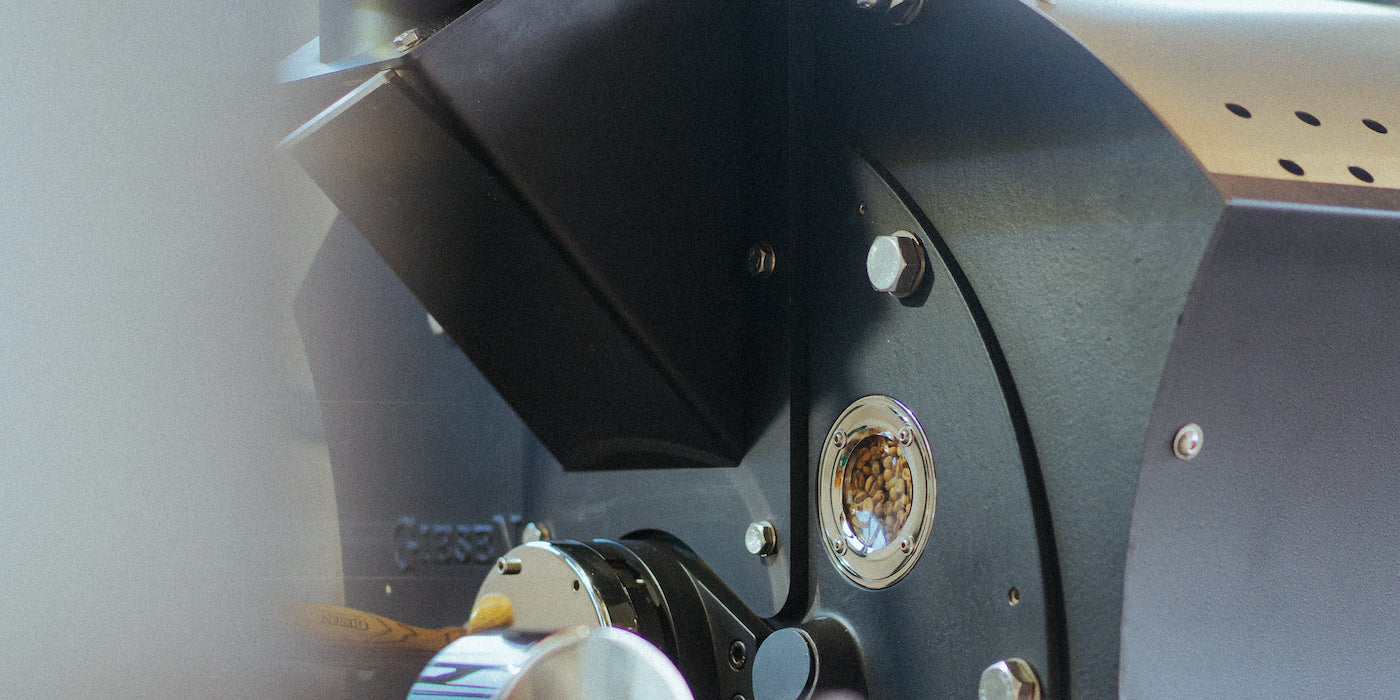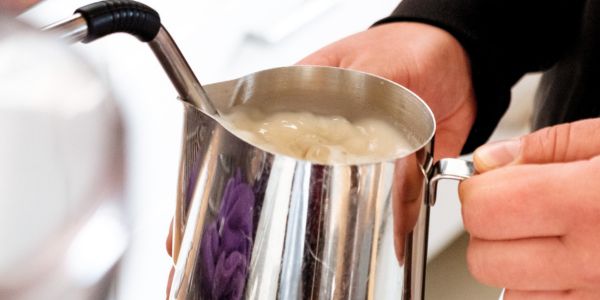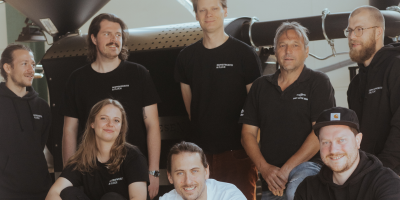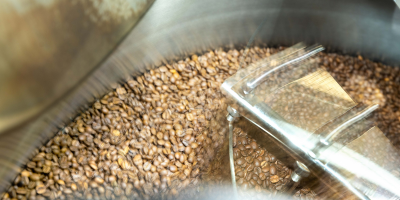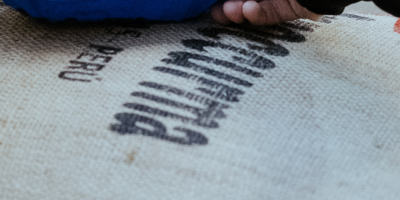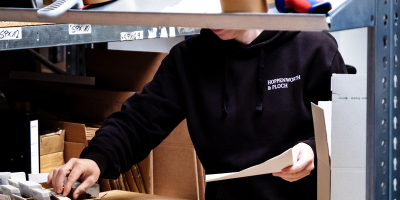Your Cart is Empty
New seminar dates every first friday of the month! // Free international shipping available
New seminar dates every first friday of the month! // Free international shipping available
Kurse & Seminare
About Us
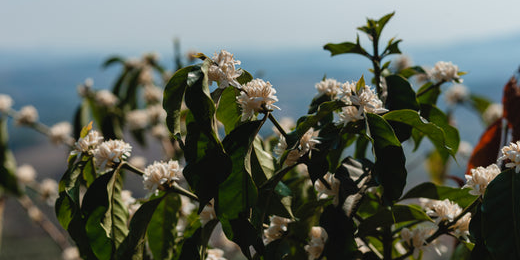
Brazil: Coffee from sustainable and fair cultivation
September 08, 2021 6 min read
History of coffee in Brazil
According to legend, the history of Brazilian coffee begins in 1727, when a Portuguese man living in Brazil smuggles the first coffee seeds into Brazil from French Guiana in the north of South America. Francisco de Melo Palheta brings the coffee seeds to Pará, a state in northern Brazil, in the Amazon region, and grows the first coffee plants in his garden there. In 1770, the first coffee plantation is established in Rio de Janeiro and smaller quantities of coffee are exported to Europe. At the beginning of the 19th century, coffee cultivation explodes in Brazil and replaces sugar cultivation as the largest economic sector until then.
Today, the country is the world's No. 1 coffee grower and exporter. In Brazil, coffee is grown in 17 out of 27 states. An area of approximately 2.3 million hectares is cultivated in the process.
Speciality Coffee from Brazil
The term "Speciality Coffee" was first used in 1978 by Erna Knutsen (Knutsen Coffee, Ltd.) to describe coffee grown in special microclimates and characterised by a distinct and unique taste.
Speciality Coffee also differs from the conventional, so-called "commodity coffee" in that it undergoes sustainable processes in cultivation, harvesting, processing and distribution. The processing of a Speciality Coffee is carried out with great care, ensuring high quality in the end product. Speciality Coffee is always delivered to customers freshly roasted. And modern methods are also followed when brewing the coffee, which ensure that the flavour of the coffee develops optimally in the cup through the exact combination and regulation of quantity, temperature and time.
In 1991, an institution was also founded in Brazil to monitor and promote compliance with the above guidelines. The Brazil Specialty Coffee Association (BSCA) is a non-profit organisation that aims to develop and disseminate quality control methods in the Brazilian specialty coffee scene and to communicate compliance with these methods to the outside world by means of seals. The organisation develops and leads programmes that promote technological developments for more sustainable cultivation, processing, and distribution in its own country and internationally. It also works to ensure that global standards in sustainability are known and implemented in the country
.
Cultivation and harvest
In Brazil, 85% of coffee is grown on smaller farms, less than 25 hectares in size. About 300,000 farmers earn their living from coffee in Brazil.
Coffee cultivation takes place particularly in the regions of Minas Gerais, São Paolo, Espírito Santo, Paraná, Bahia and Rondônia. The main part of the cultivation is concentrated on Arabica plants. Robusta plants are only grown on the coast in Bahia and in the Amazon region of Rondônia. The main coffee harvest in Brazil takes place between May and October in all growing regions.
Brazil is the only country where coffee is harvested not only by hand but also with the help of machines. However, this is only done on the larger farms, because mechanical harvesting is costly and the machines need large, flat areas to make sense in the harvest.
The majority of Brazilian coffees are processed as natural (drying immediately after harvest) or pulped natural (drying after processing).

Distribution and taste
Brazil is now the world's largest coffee producer and exporter. After Germany and the USA, Brazil itself is the strongest consumer of coffee grown in its own country. The "cafezinho", translated as "little coffee", is a strong, dark coffee served in Brazil as a sign of hospitality and conviviality. It is stronger than the filter coffee we know here and is often served heavily sweetened. Brazilians drink it at all times of the day, often in the typical Brazilian cafés, the Cafés do Brasil, in the morning at the counter or in the afternoon in the sun.
Brazil is 28 times larger than Germany and the different climates and soil conditions in the country make Brazilian coffee versatile in taste. Typically, Brazilian coffee tastes chocolaty and nutty. The beans are considered mild and low in acidity. In special varieties, flavours such as dried fruit, mango, kiwi and lemon notes can emerge.
Our coffees from Brazil
At Hoppenworth & Ploch we love the special taste of Brazilian coffee and in our in-house cafés you will always find at least one Brazilian coffee on tap.
We attach particular importance to the origin of our coffee from sustainable and fair cultivation. Especially in Brazil, many small farmers have a hard time surviving in the global coffee market, which is now dominated by the large corporations Nestlé, Procter & Gamble, Kraft, Tchibo and Sara Lee. The price of green coffee is subject to strong fluctuations that smaller farms cannot absorb. Therefore, we rely on direct trade with the farms when purchasing our green coffee. We work with established and trustworthy green coffee importers who are our link to the farms. This way, we can ensure where our coffee comes from, under what conditions it was grown & what ultimately reaches the farmers. At the same time, we and our customers benefit from a higher quality than through green coffee exchanges & a complete traceability of our coffees.
Sertão
Sertão has been the espresso we serve in our cafés in Frankfurt for several years. We really appreciate its versatility and consistently good quality. This Red Bourbon is grown in the Carmo de Minas region and harvested every year between June and August and processed as Natural. The coffee delights with a great nutty, chocolaty body and a very nice sweetness that comes through beautifully both as an espresso and in milk drinks. A more classic espresso, but still roasted in a bright Specialty Coffee style, the Sertão has wide appeal among coffee drinkers. Here's how to taste!
.

Lambari
The Lambari is the classic among our Brazilian espressos. Slightly darker roasted for even less acidity and with a focus on roasted flavours. The growing region around Lambari in the Brazilian state of Minas Gerais is known for sustainability and consistent quality. The classic pulped natural process ensures a lot of sweetness in the cup, which is excellently brought out by the darker roast. In the Mundo Novo, Catuai, Bourbon variety, the Lambari with a tart, chocolaty note comes through super in milk drinks.
In addition, the coffee is part of the Coffee Kids programme. Founded in 1988, Coffee Kids was the first non-profit organisation in the specialty coffee industry dedicated to improving the quality of life for coffee farmers*. It works with the next generation of coffee farmers to help them realise their potential within the global coffee community. By purchasing this coffee, you are supporting CoffeeKids.org.
Fazenda Serrinha
The Fazenda Serrinha comes with a mild nutty base note as well as a nice sweetness that reminds us of sultanas. As a mild filter coffee, it is ideally suited as an everyday coffee, as an introduction to the world of specialty coffee or simply to enjoy.
Through the importer Ourcoffees, we were able to buy this coffee directly from the farm. Ourcoffees is not only an importer but also a producer of this coffee. Since 2014, Jose Maria has expanded his farm Fazenda Serrinha into a vertically integrated company that combines the entire value chain of coffee.
For this coffee, everything from harvesting to processing and transport preparation takes place on the farm. After harvesting and post-selection, all the cherries are dried on the patio for 18 days. The cherries are rotated and mixed a total of 6 times per day to ensure uniform drying. The result of a well-prepared Naturals is found in the cup!
Natural Blend
Our Natural Blend is a blend of a natural processed coffee from Brazil and a natural processed coffee from Ethiopia. Both are classic representatives of their respective terroirs and impress with a lot of sweetness.
The Brazilian portion of our Natural Blend comes from the Fazenda Nossa Senhora de Fatima, located in the Triangulo Mineiro, in the famous Cerrado region. Coffees from this area are often described as some of the best that Brazil has to offer. The farm produces only 100% organic coffee.
Creating a blend is always an exciting challenge for us. With the Natural Blend, we want to emphasise the strengths of a coffee prepared in the Natural process. Due to the drying process, Naturals are often quite sweet and especially when prepared as an espresso and in combination with milk or milk alternatives, the sweetness comes out very well. This 100% Arabica blend convinces with notes of chocolate and wild berry.
Try it for yourself.
Try it yourself and become a fan of Brazilian coffee! We look forward to seeing you!
Join our Coffee Crew
10% discount on your first coffee order.And more: Sign up for our newsletter and never miss coffee releases, offers and background stories again.
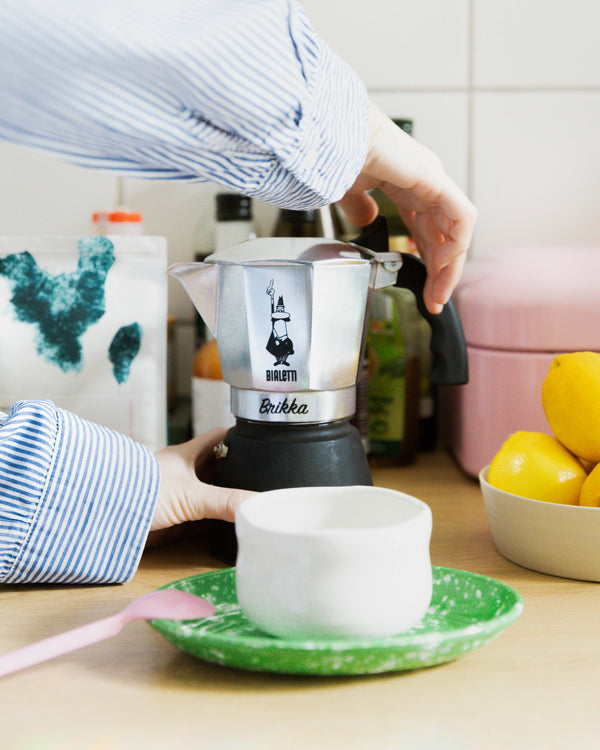
Never miss out on great coffee again!
A new, freshly roasted coffee delivered to your home every month? Whether you prefer filter or espresso, our coffee subscription takes you on a regular sensory world tour through the world of coffee — with free worldwide shipping!

